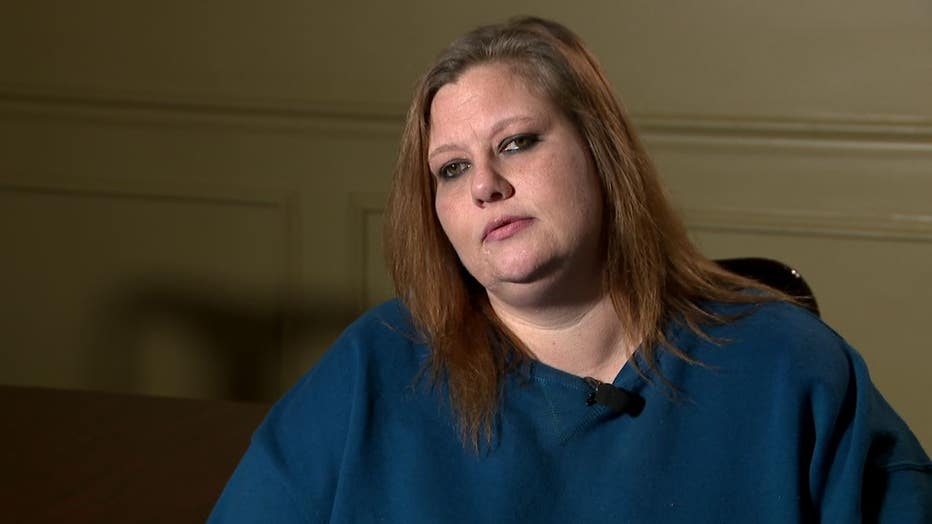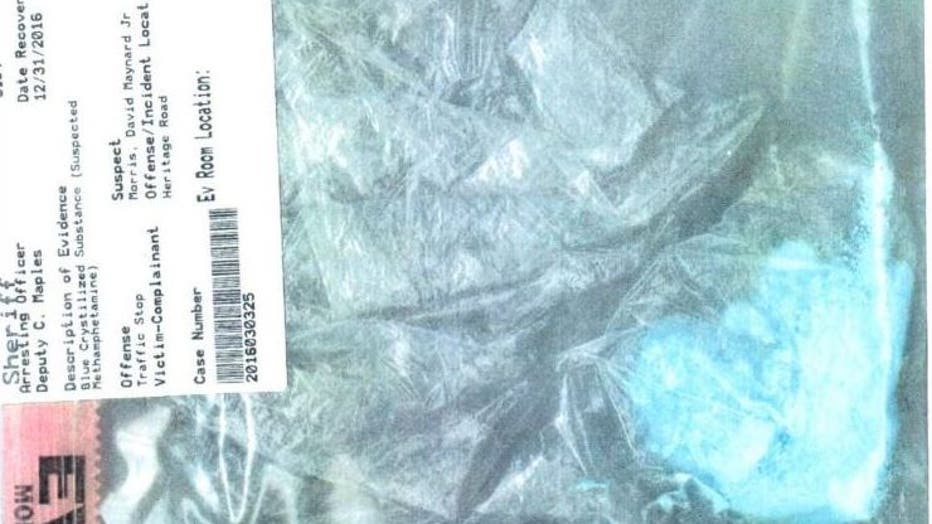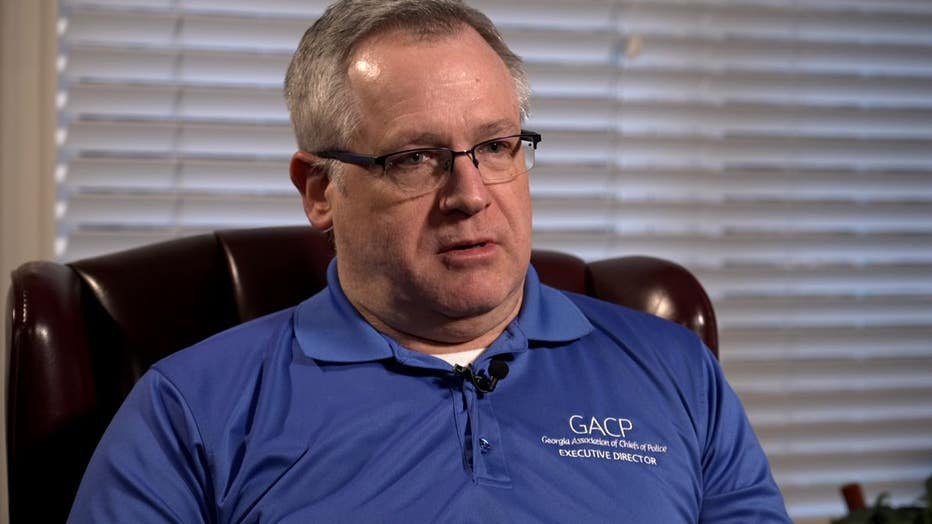Study: Nearly 1,000 Georgians wrongly busted due to false positive drug field tests
The results of these disposable roadside drug tests are supposed to be confirmed by a crime lab. But the FOX 5 I-Team discovered many police arrest immediately, sometimes sending innocent people to jail.
ATLANTA - A new study from the Penn Cary Law School at the University of Pennsylvania suggests 961 Georgians each year are falsely arrested because law enforcement wrongly trusted the results of a roadside drug test.
These $2 disposable tests are popular among police to immediately determine whether a substance found at a traffic stop or crime scene is an illegal drug.
But a 2018 investigation by the FOX 5 I-Team confirmed 145 false positives in Georgia in one year, either because the tests got it wrong or police misinterpreted the results. Regardless, innocent Georgians wound up jailed for weeks -- sometimes months -- losing jobs or missing important family moments.
What tested positive for drugs? Cotton candy. Vitamins. Breath mints. Even bird droppings.

Simon Cofie and Clarice Doku spent two weeks in the DeKalb County Jail after Doraville police said a roadside drug test caught them with a baggie of ecstasy. It was really folic acid Clarice was taking to increase her pregnancy chances.
"I don’t think they should be used in the way they’re being used now," insisted Ross Miller, the study lead author for the Quattrone Center for the Fair Administration of Justice. The study was partly funded by the Roadside Drug Test Innocence Alliance, a group that was created after the FOX 5 I-Team investigation and others around the country.
Eighty-two law enforcement agencies agreed to a nationwide invitation to cooperate with the study, representing 22.5 million citizens.
Study reveals false positive drug field tests
A new study from the Penn Cary Law School at the University of Pennsylvania suggests 961 Georgians each year are falsely arrested because law enforcement wrongly trusted the results of a roadside drug test.
The result: a stunning estimate. The study believes 30,000 Americans are falsely arrested each year due to faulty field test results.
"What is different from our estimate to your terrific reporting on this for the information you were able to collect for Georgia, our estimate doesn’t depend on those cases being submitted to labs at all," said Miller. "Not all cases, not all arrests are submitted to forensic labs."
Not all arrests are submitted to forensic labs, even though the instructions on the test kit box say to do just that.

A judge ordered Dasha Fincher jailed on a $1 million cash bond after Monroe County sheriff's deputies decided the roadside test showed she had a bag of meth. It was really blue cotton candy. She would spent three months in jail, missing the birth of
Because there is no national clearinghouse for roadside test results, the study authors used a combination of drug arrest statistics, a handful of department-level false positive audits and the number of negative crime lab readings to make their estimates, admitting they relied on "imperfect data."
The study estimates a 3.7% failure rate, making these tests, according to the study, "one of the largest, if not the largest known contributing factor to wrongful arrests and convictions in the United States."

This is the ball of cotton candy deputies suspected was meth because the roadside test kit told them so.
Despite that, Georgia police departments and sheriff’s offices continue to use them. And that concerns the executive director of the Georgia Association of Chiefs of Police, Butch Ayers.
"It appears to be that there are a certain amount of false positives," he observed. "And if that’s all the officer is relying on, is just what that test said, then I think that’s a high risk of putting somebody in jail who shouldn’t be there."
The FOX 5 I-Team asked Ayers to poll his 700-plus membership. More than 100 responded by our deadline. Sixty-eight percent said they still use roadside drug tests. But only 26% said they had a policy requiring additional evidence before making an arrest.

Butch Ayers with the Georgia Association of Chiefs of Police plans to include warnings about the reliability of roadside test kits to his 700+ membership
The study's author said Georgia is also the only state in the country where case law allows the results of a roadside test to be used at trial. The FOX 5 I-Team could find no examples of a case where the roadside test was the only evidence presented by prosecutors.
Miller believes requiring extra evidence -- along with better auditing of the results -- will ultimately be what it takes to avoid more people going to jail for the simple possession of vitamins and cotton candy.
"That combination of reforms could significantly reduce or eliminate the issues that are stemming from these tests," Miller said.
The FOX 5 I-Team reached out to the two biggest manufacturers of these tests to comment on the Penn Law School study. Neither Sirchie nor Safariland responded.

